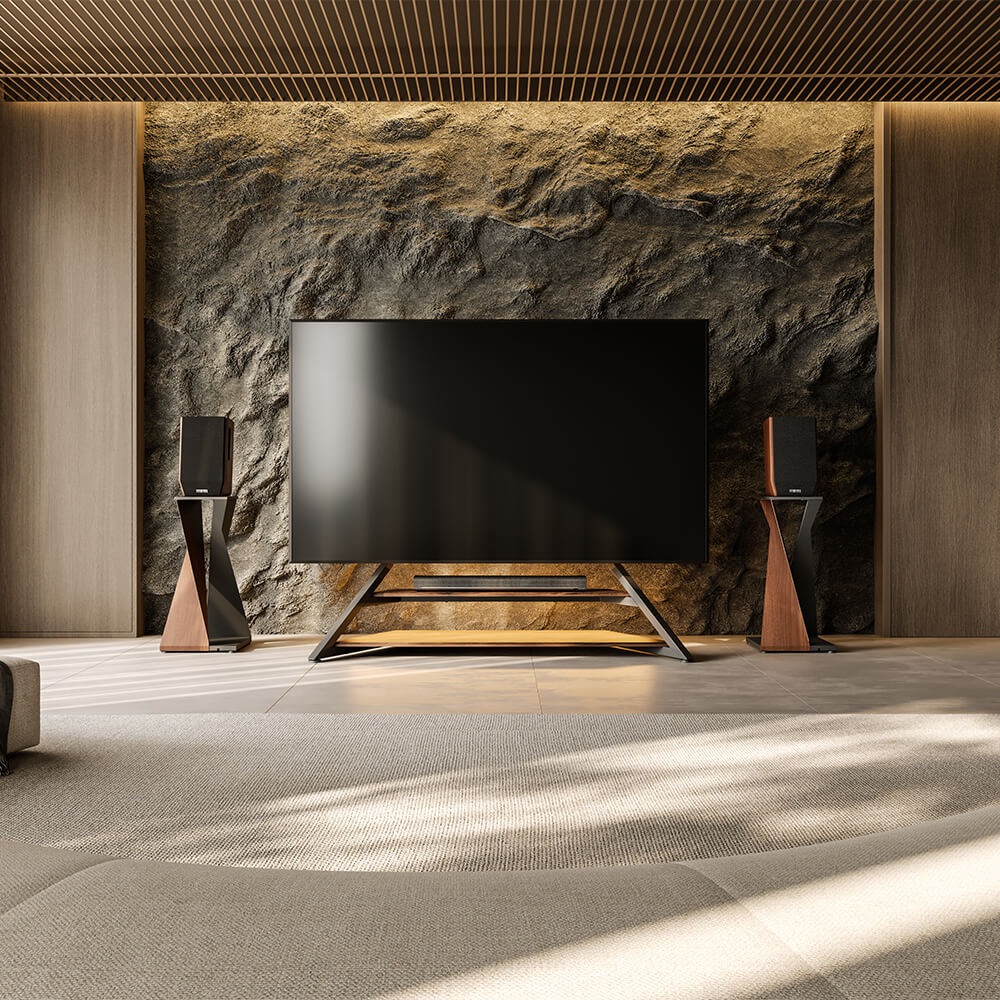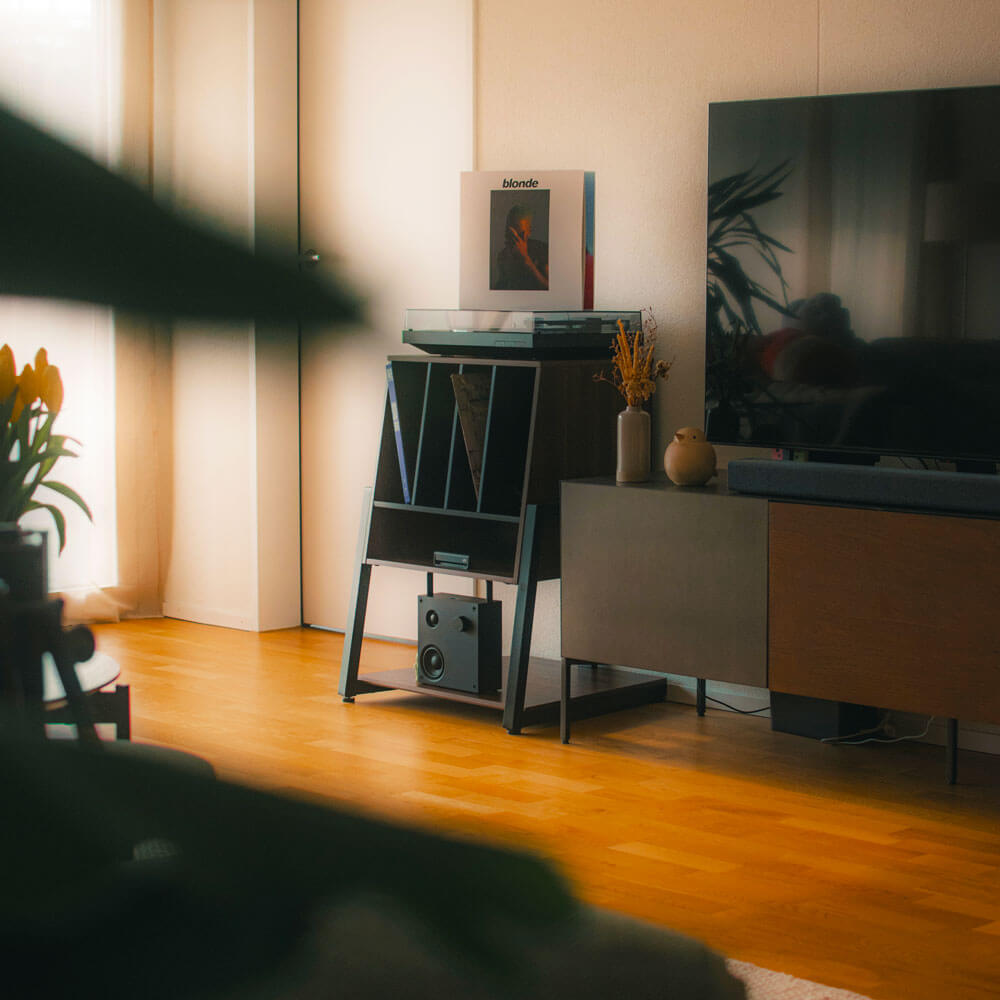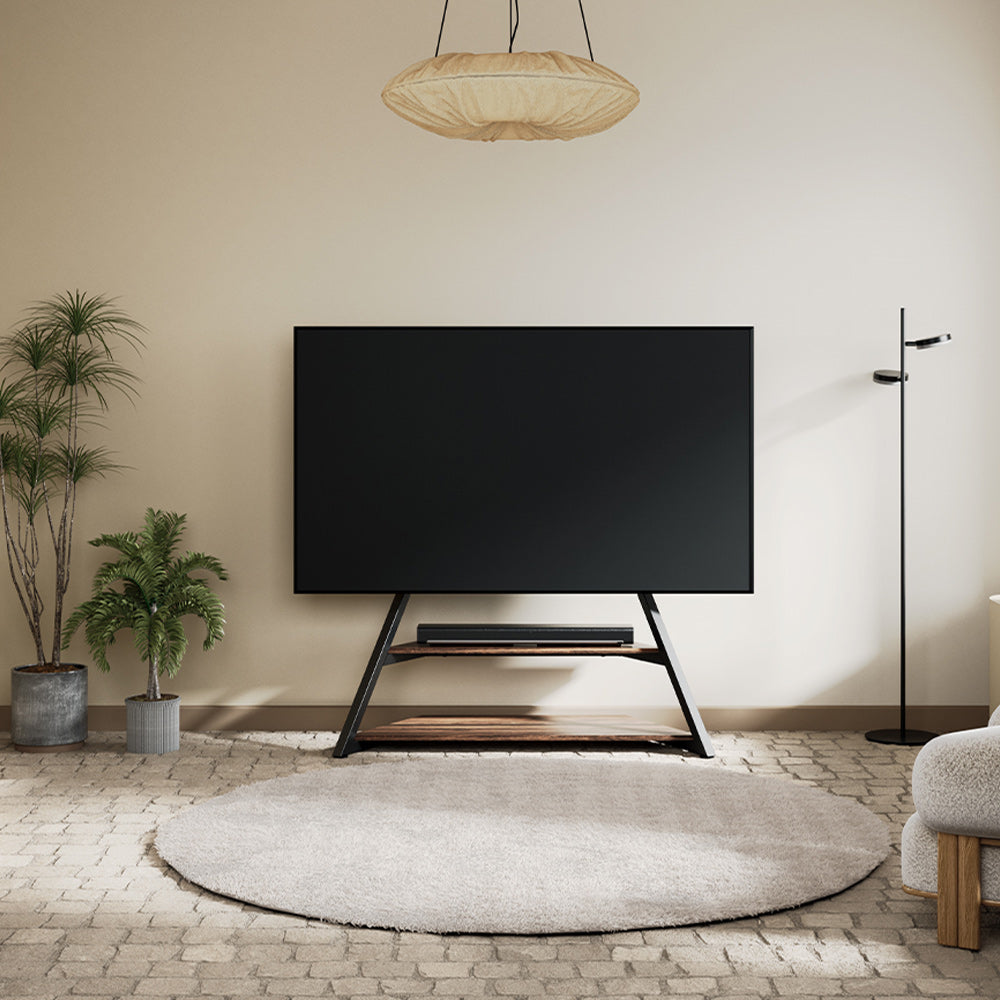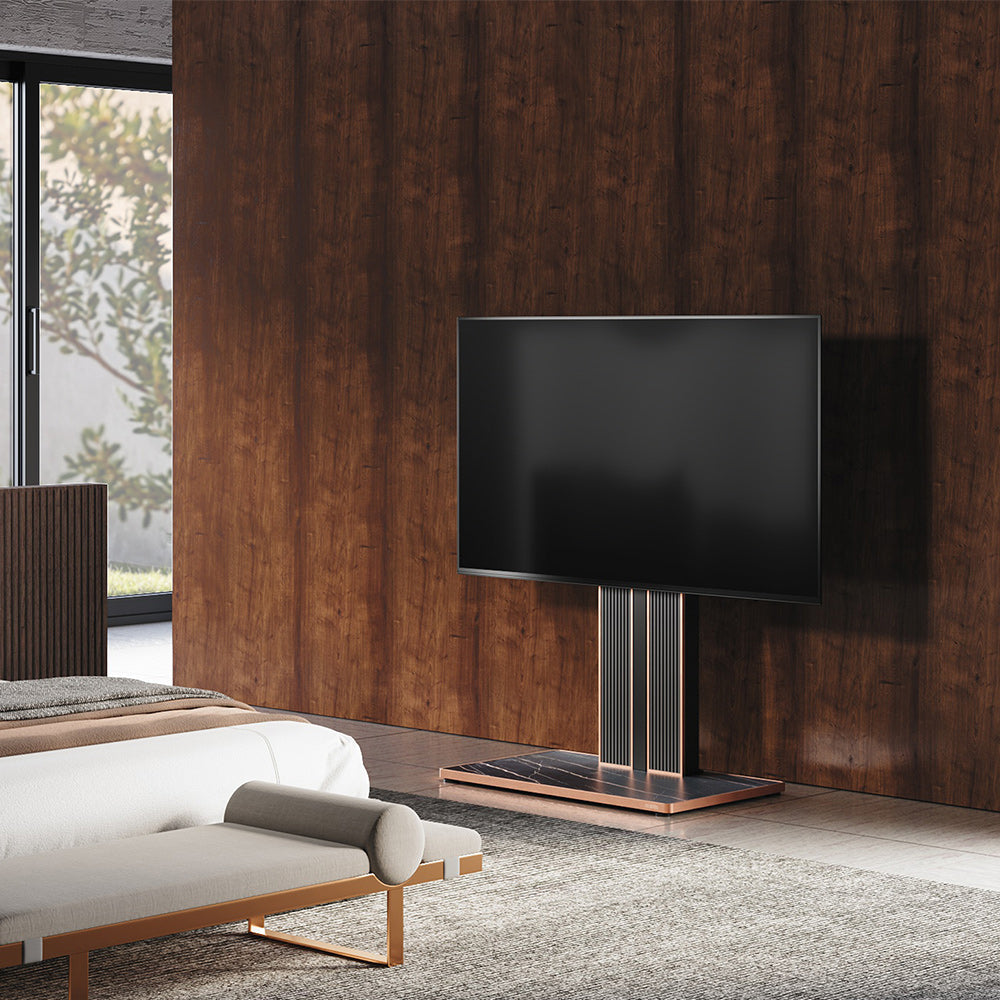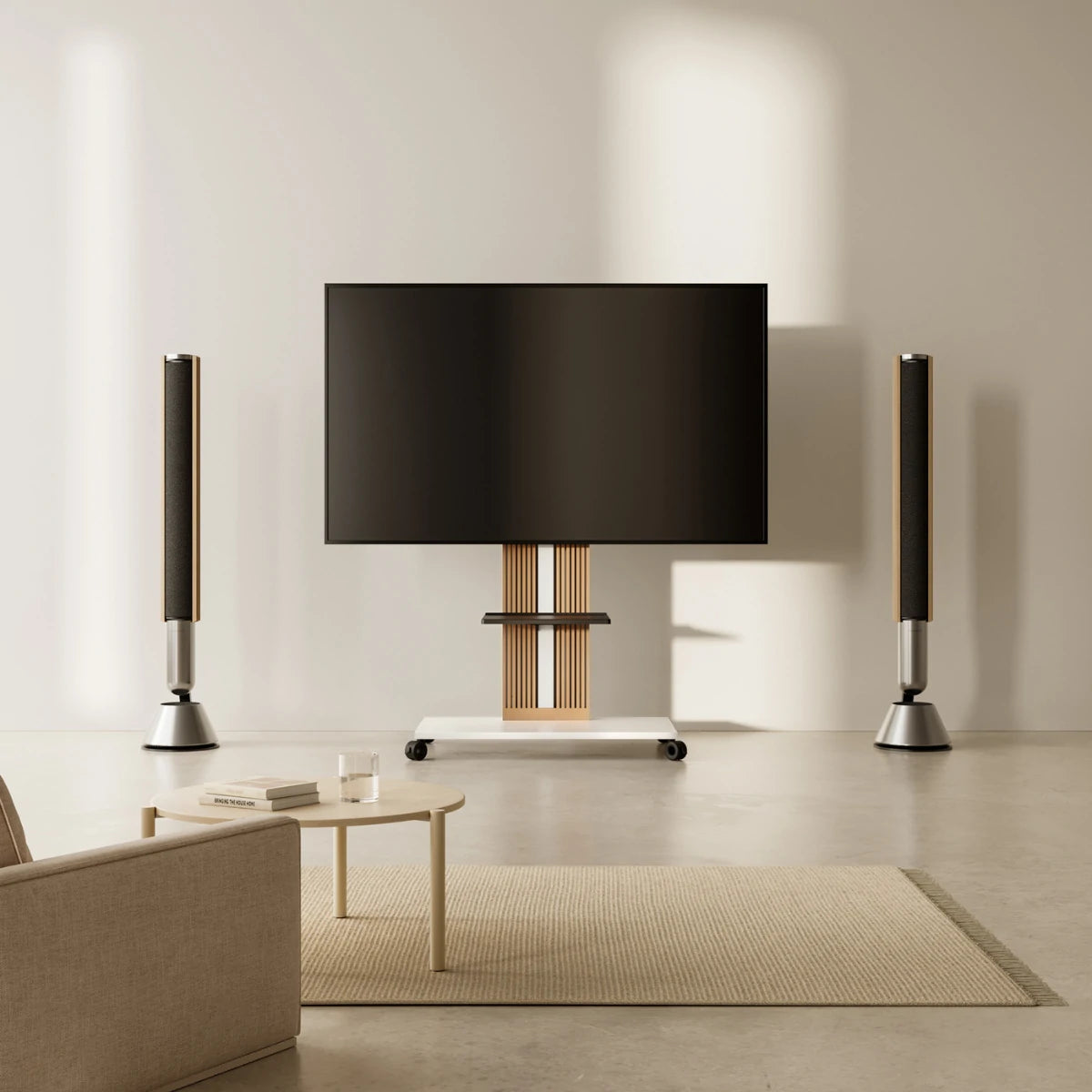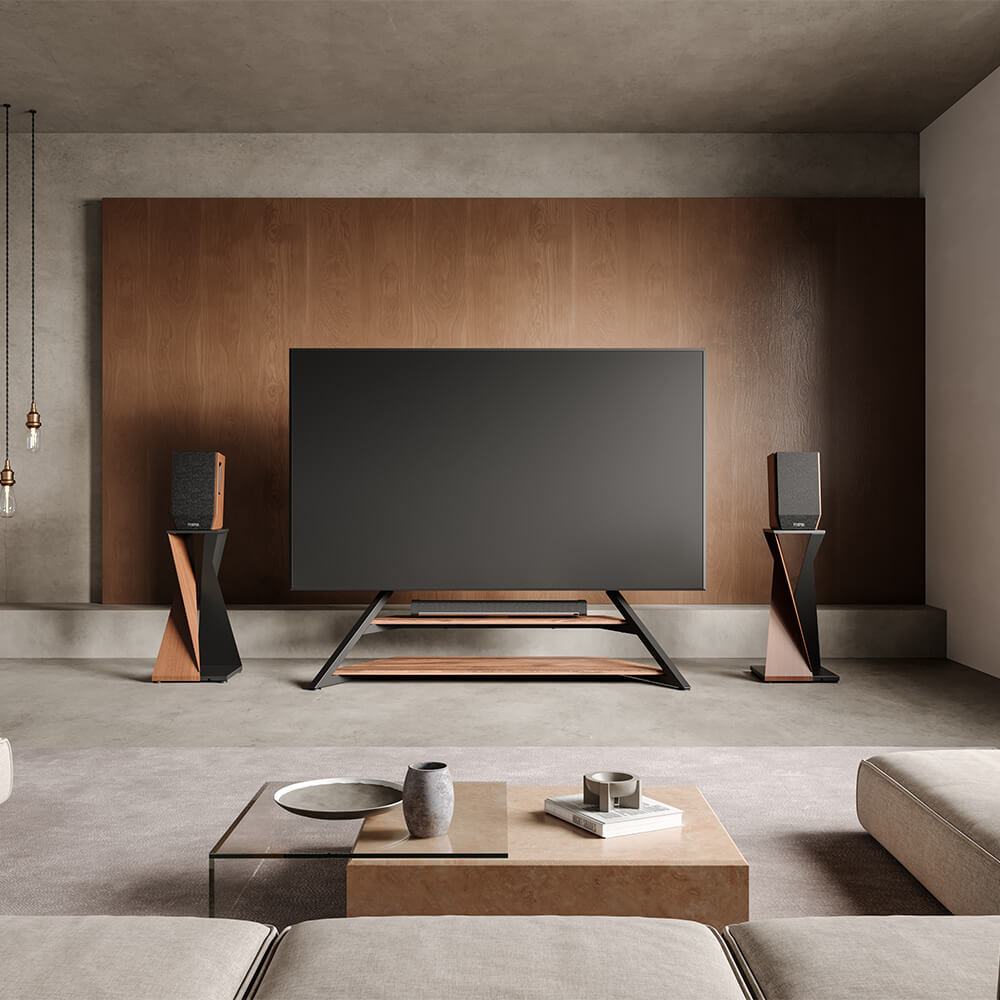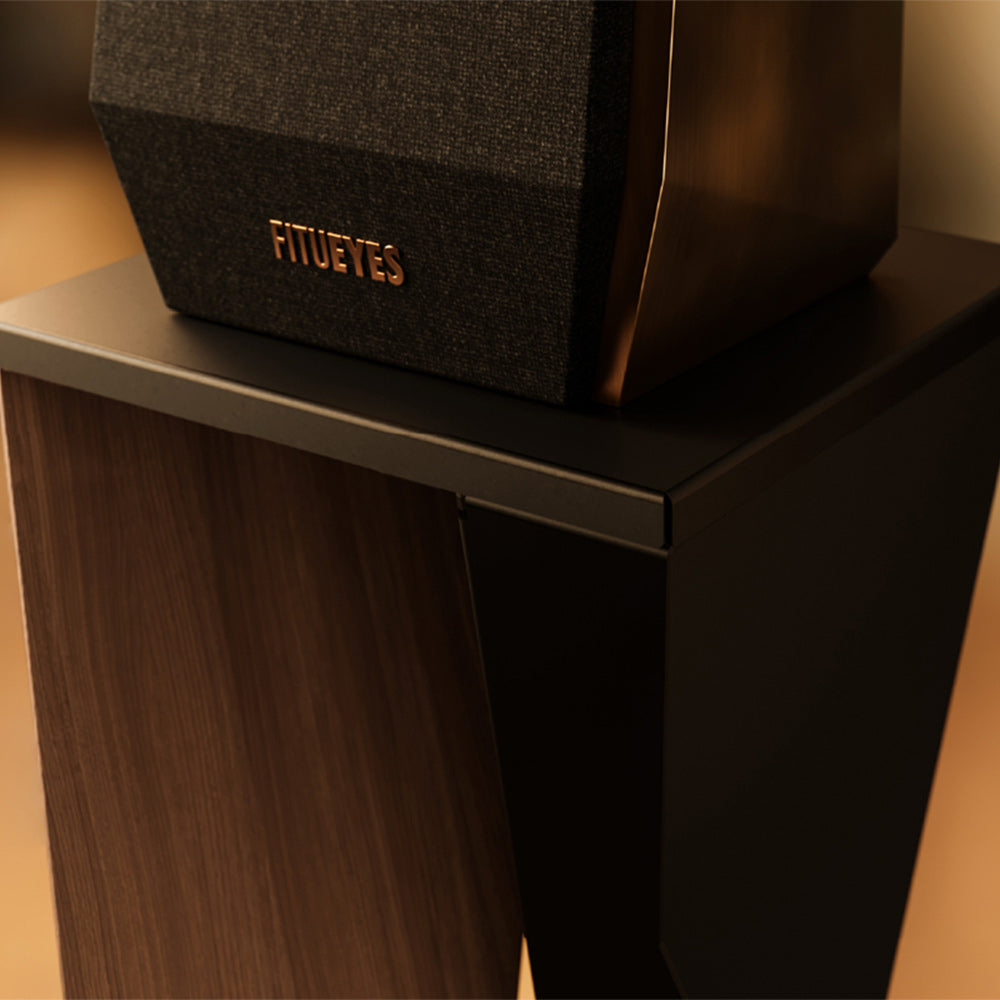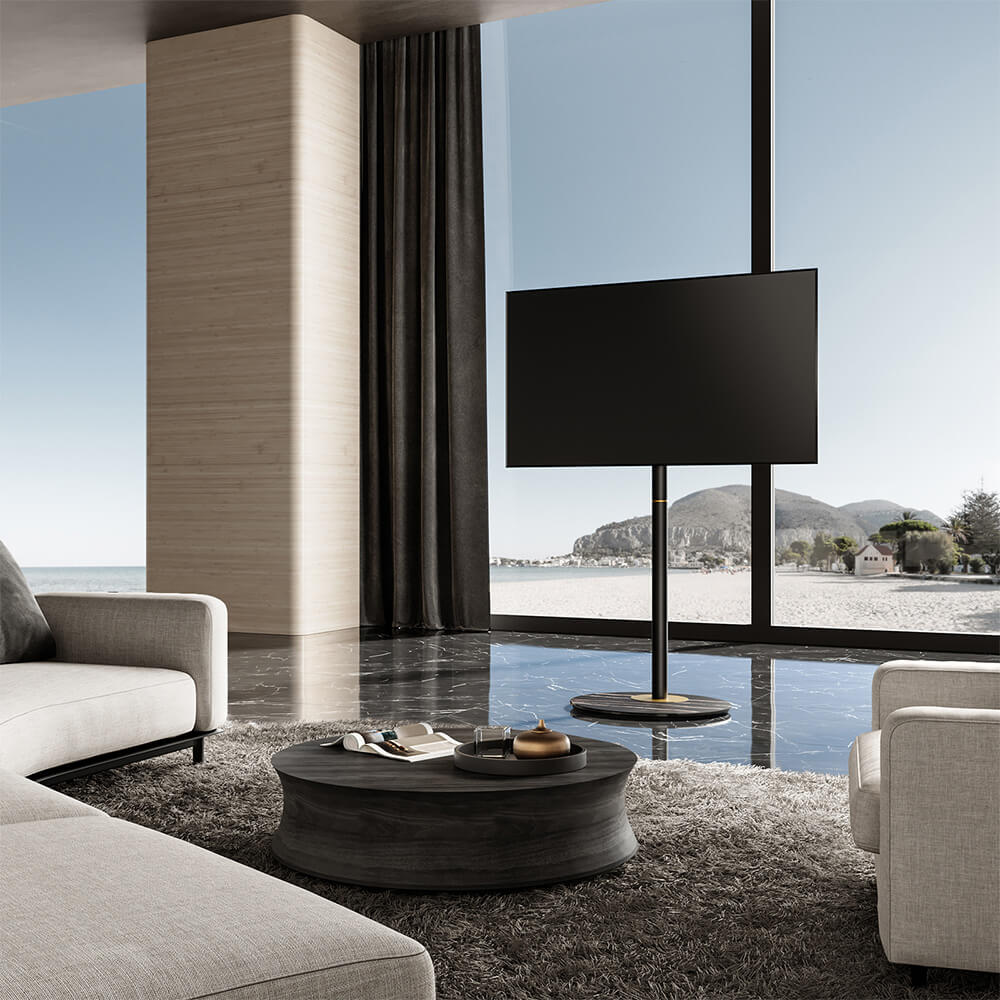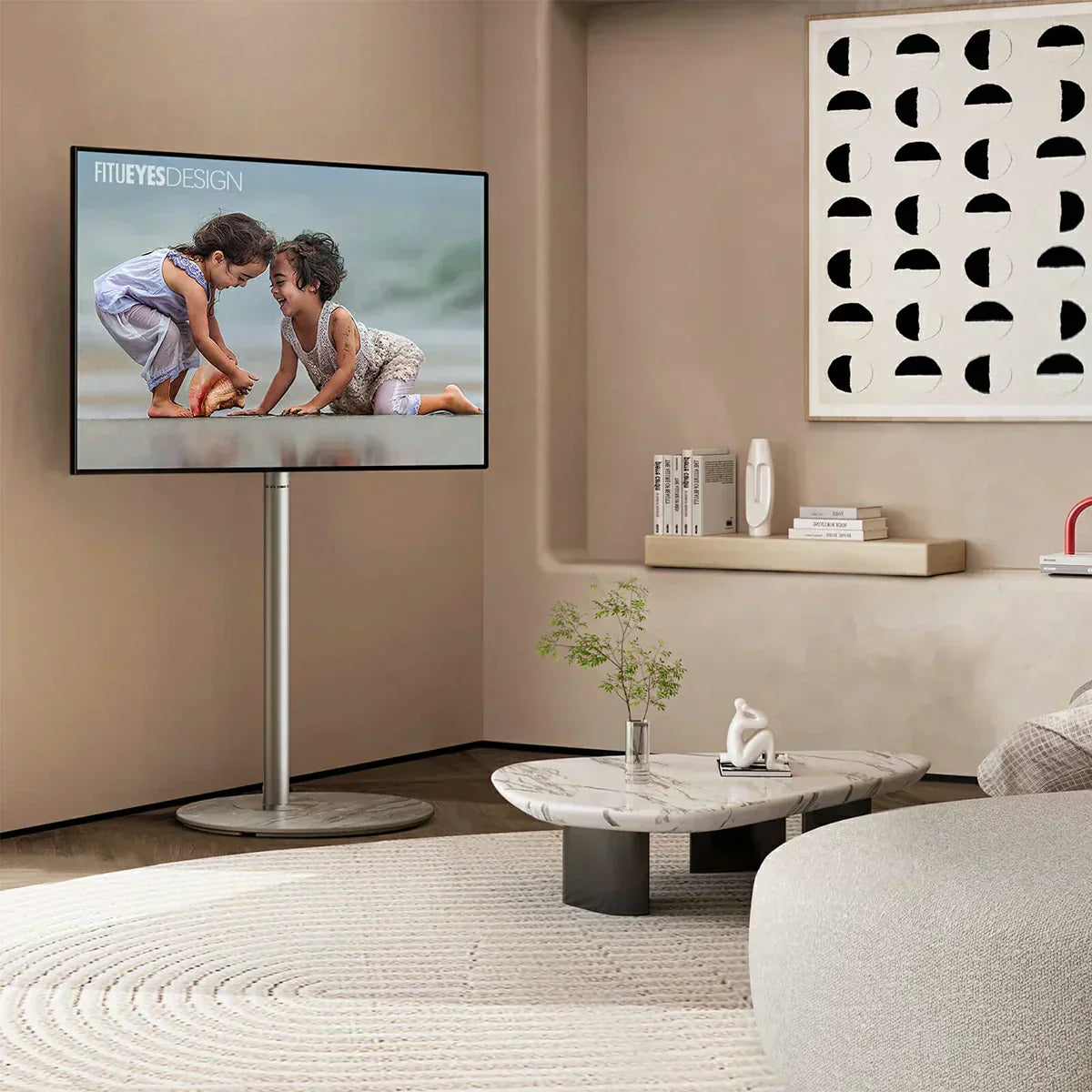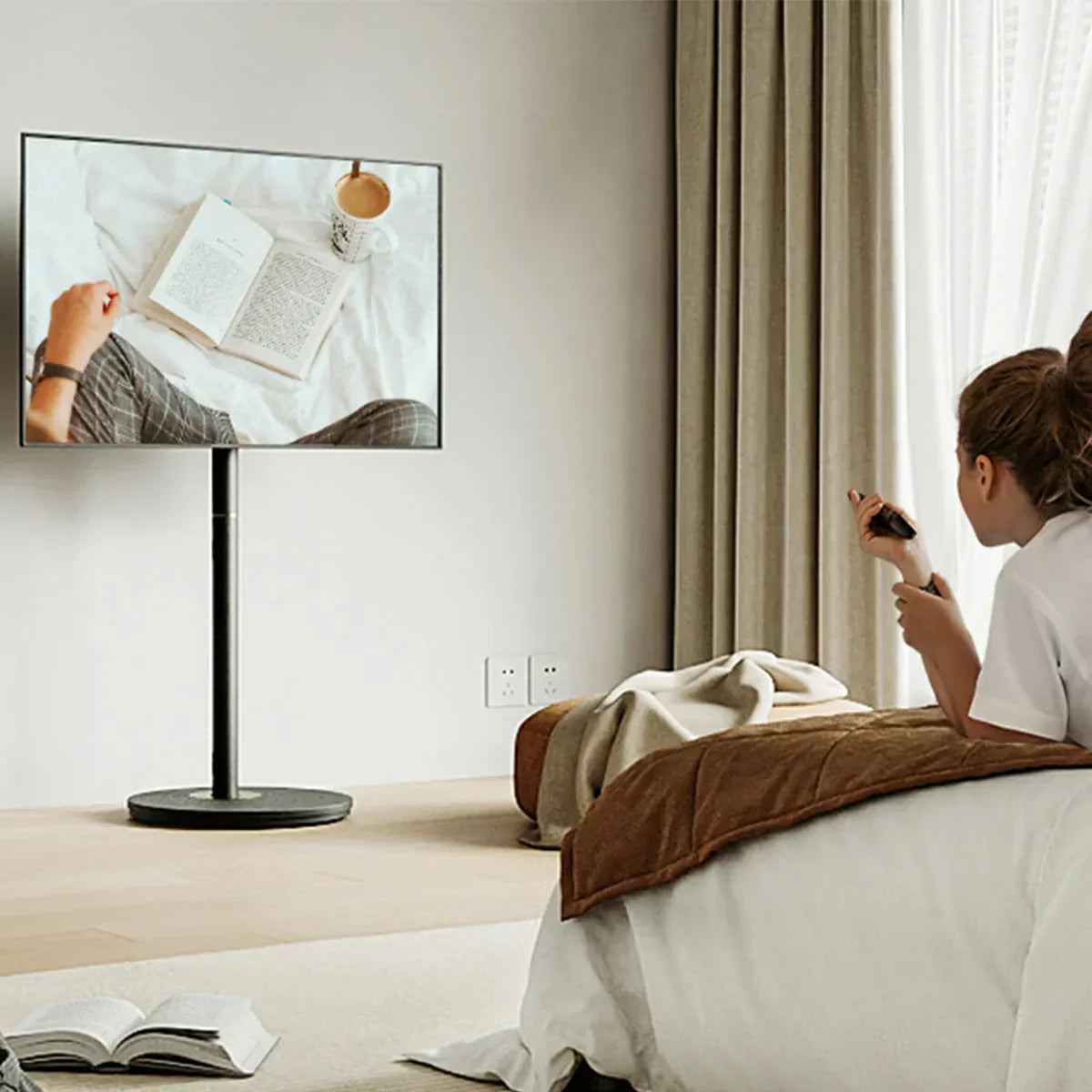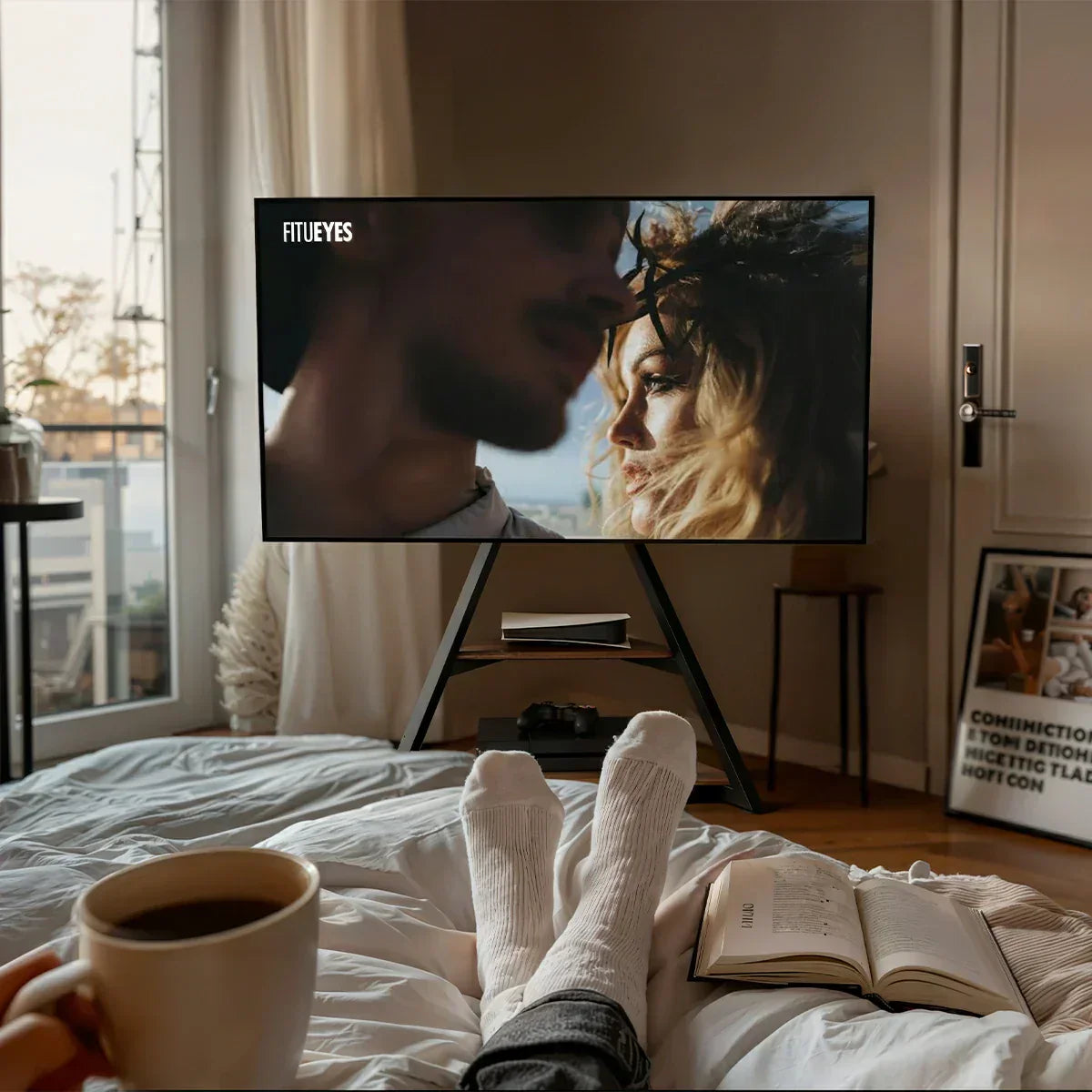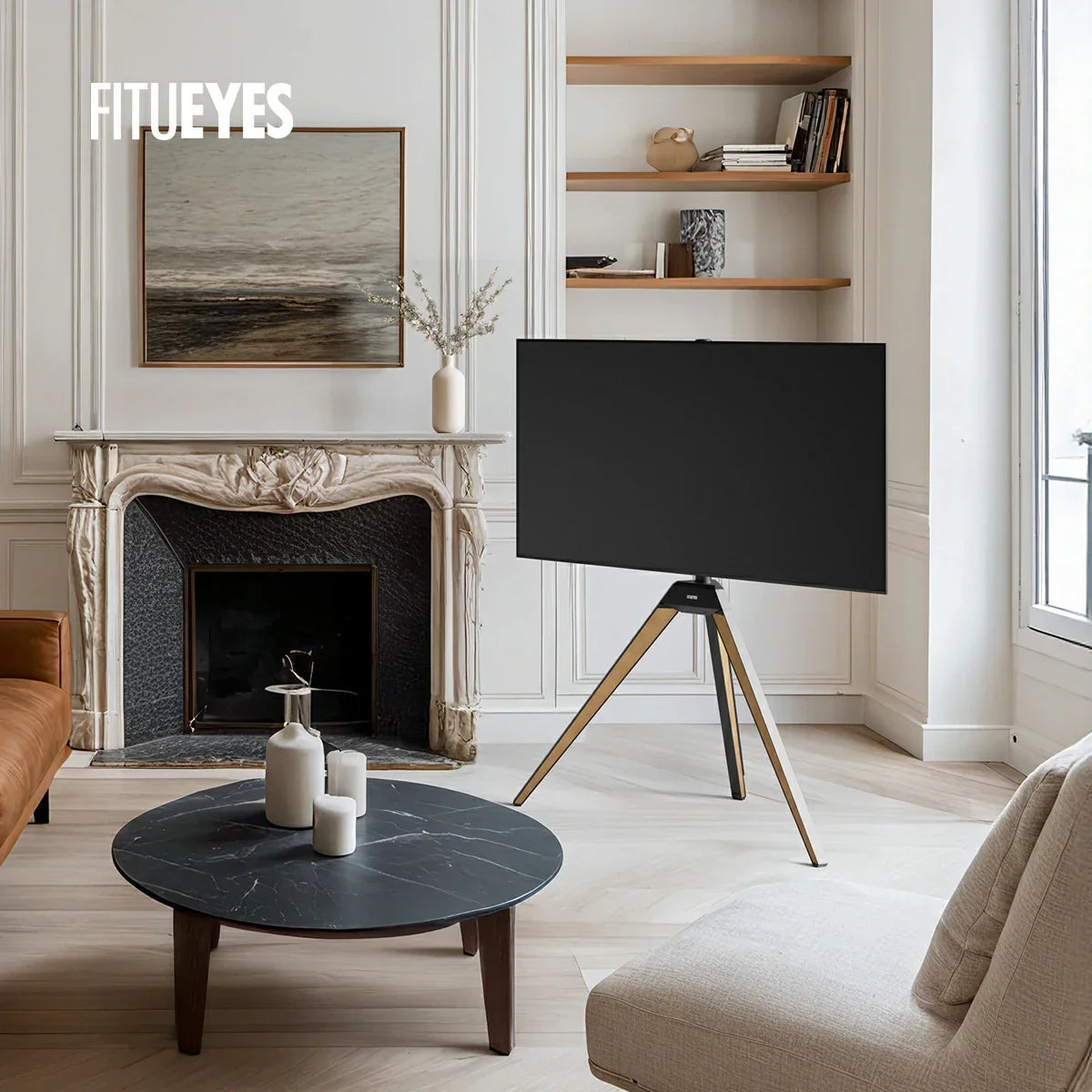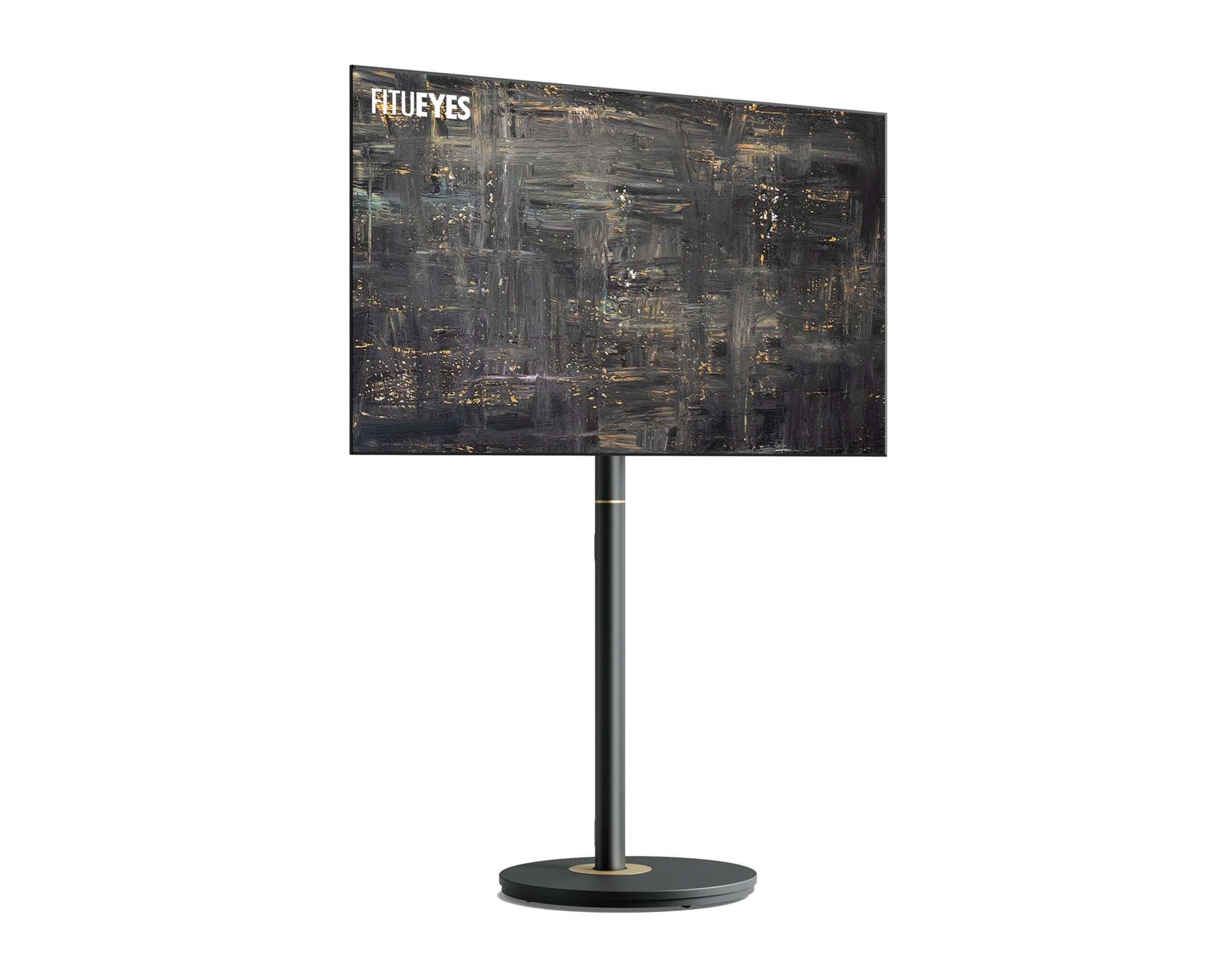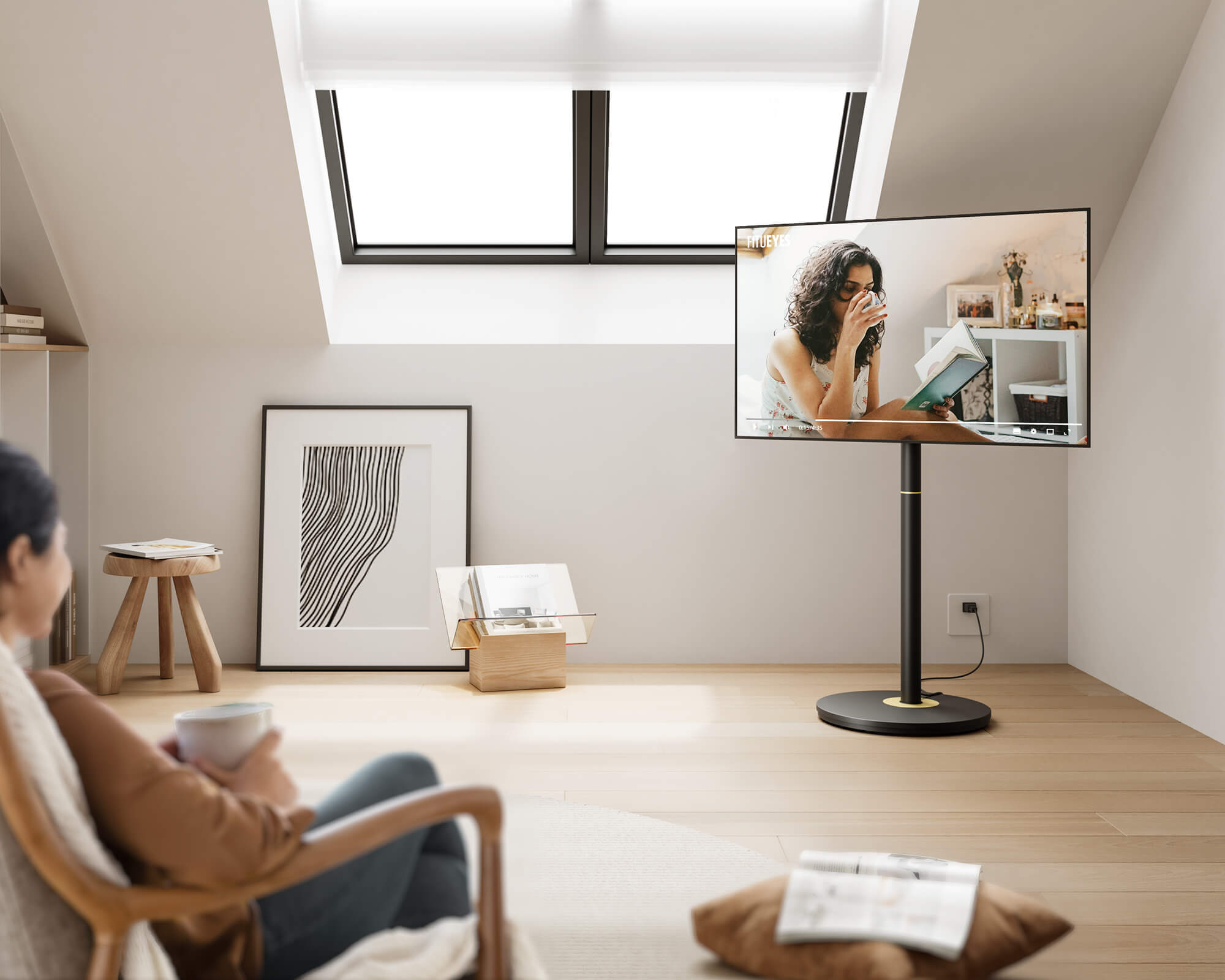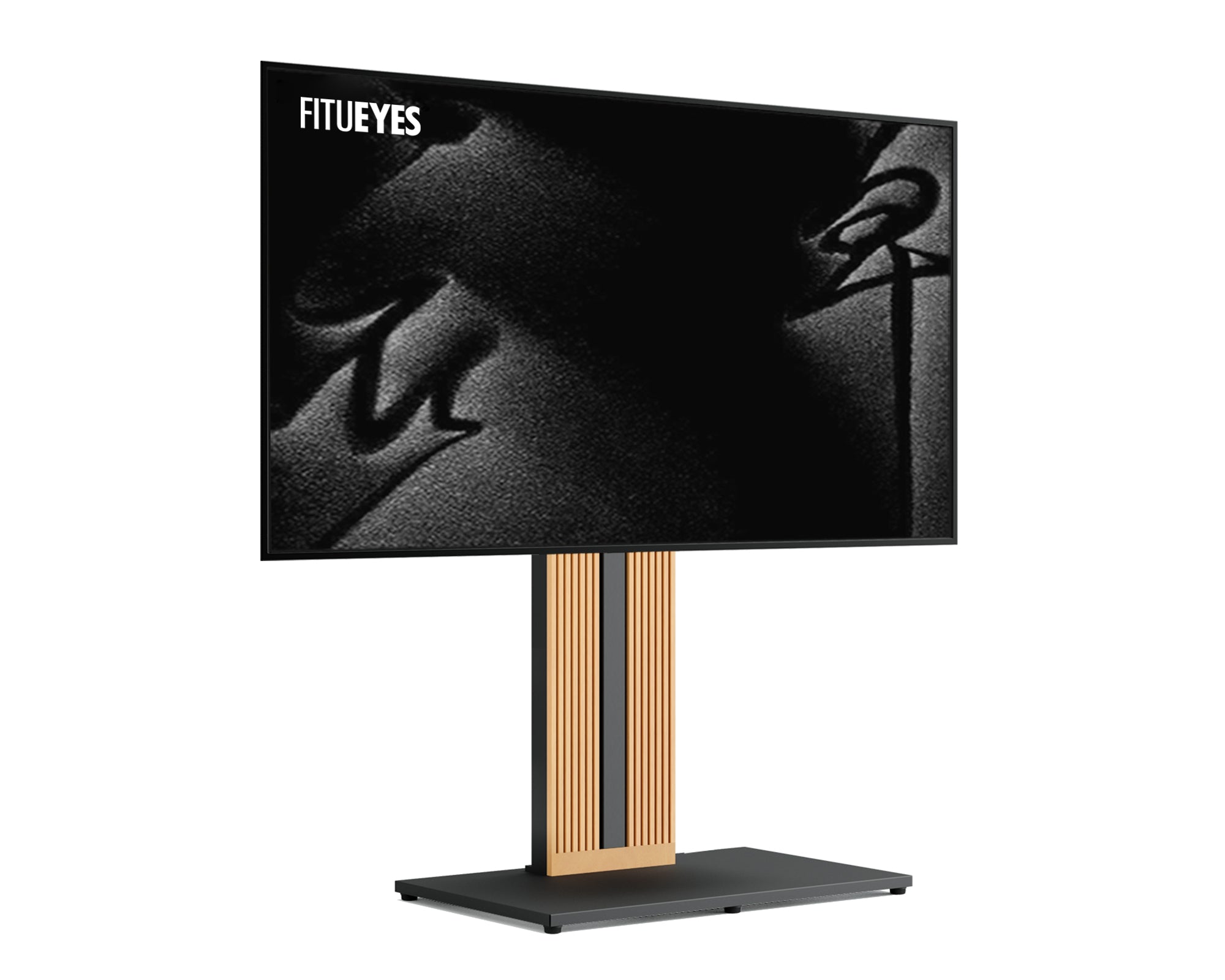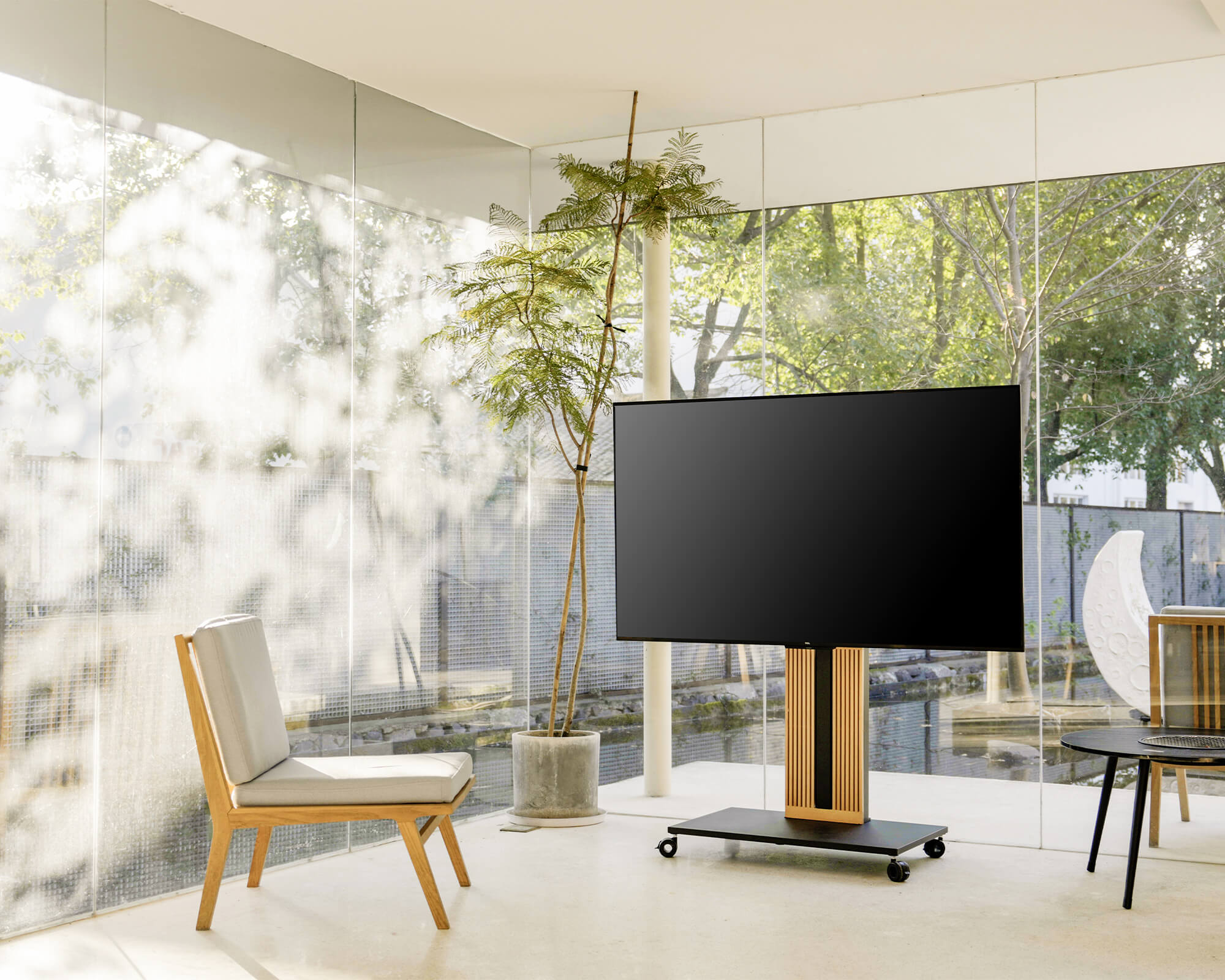Many homeowners ask: Can you use a sideboard as a TV stand? Technically, yes—you can. But is it the best solution? Not always. In this guide, we'll explore when it’s acceptable to repurpose a sideboard and why, in most cases, a professional TV stand—like one from our Fitueyes collection—offers a safer, more functional, and stylish choice.
Why Some People Consider Using a Sideboard
Budget and Space Efficiency
Sideboards are already part of many households. They offer storage and surface area, making them tempting to repurpose, especially if you're on a budget or short on space.
Aesthetic Versatility
A beautifully crafted sideboard can offer a unique and personalized touch to your space, especially in eclectic or vintage-styled interiors.

Practical Limitations of Using a Sideboard
Not Designed for Viewing Comfort
Most sideboards are either too tall or too low, which disrupts the ideal eye-level alignment for TV viewing. This can lead to neck strain or a poor viewing experience.
Cable Management Challenges
Sideboards typically lack cable holes or ventilation. If you plan to house devices inside, expect to drill and modify the structure—something that can damage antique or decorative pieces.
Questionable Weight Capacity
TVs, especially those above 55 inches, need solid support. Not all sideboards are built to handle this weight, particularly over time.
Remote Interference and Accessibility
Solid wood or opaque cabinet doors can block signals to your media devices. You may need to install IR extenders or keep doors open, which affects the clean look you might be aiming for.
When Is It Acceptable to Use a Sideboard?
Suitable Conditions
- Your sideboard is wide and deep enough to support your TV base
- You’re using a wall-mounted TV, and the sideboard is just for storage
- You’re comfortable modifying the unit with cable holes and ventilation
When to Avoid
- If the sideboard is made of fragile materials (e.g., thin MDF)
- If it’s too narrow or unstable
- If it elevates the TV too high or too low for comfortable viewing

Why a Purpose-Built TV Stand Is the Better Long-Term Solution?
Ergonomically Designed for Viewing
Our FITUEYES TV stands are engineered to position your screen at optimal eye level—whether you’re seated on a sofa or in a recliner.
Built-In Cable Management
Integrated wire channels and rear openings make it easy to keep cords organized and hidden.
Safety First
Fitueyes stands are made from durable materials with sturdy construction. Many of our models include anti-tip features and are tested for high weight loads.
Aesthetic Variety and Mobility
From modern minimalism to industrial metal and wood blends, Fitueyes offers versatile design options. Some models even include wheels for easy repositioning.
Want more help choosing the right stand for your space? Check out our expert guide: How to Choose the Right TV Stand: Top Tips for Your Space. It offers detailed advice on selecting a stand based on screen size, viewing height, layout, and design match—perfect if you're still weighing your options.
Fitueyes' well-designed Product: Fitueyes Swivel TV Stand with Mount
Looking for a professional solution that blends style and function?
Try our Fitueyes Swivel TV Stand. It accommodates screens from 24” to 100”, includes cable management, and allows 15-90° swivel adjustment—perfect for flexible room layouts.

FAQs
Q: Can I place a 65-inch TV on a sideboard?
A: You can, as long as the surface is wide, deep, and sturdy enough to hold it. That said, it’s not the best setup unless the sideboard was made to handle that kind of weight.
Q: Is it okay to drill cable holes in a sideboard?
A: Yes, but keep in mind it can affect the value—especially if the piece is antique or high-end.
Q: Do TV stands come with anti-tip features?
A: Fitueyes TV stands are built and tested for stability, so they don’t come with extra anti-tip devices by default. In most homes, tipping isn’t an issue, but if you have small kids or pets, adding your own straps or wall anchors is a smart precaution.
Q: What’s the ideal TV viewing height?
A: Aim to have the center of the screen at your eye level when you’re seated—usually around 42 to 48 inches from the floor.
Q: Can I move a TV stand easily if I redecorate?
A: Many Fitueyes stands are designed with wheels or lightweight frames, so you can shift them around without having to take anything apart.

Final Thoughts
A sideboard can work in certain situations, but it doesn’t offer the same safety, comfort, or convenience as a purpose-built TV stand. If you want a setup that’s ready for daily viewing and easy to live with, a dedicated stand—like those from FITUEYES—will make the difference every time you sit down to watch.
Meet FITUEYES at IFA 2025
See us in Berlin, September 5–9, at Hall 22, Booth 112. Discover our latest TV stand and record player stand designs, experience immersive home theater setups, and connect with our team. Join us for ShowStoppers Media Day on September 4 from 6:00 PM to 9:00 PM.







